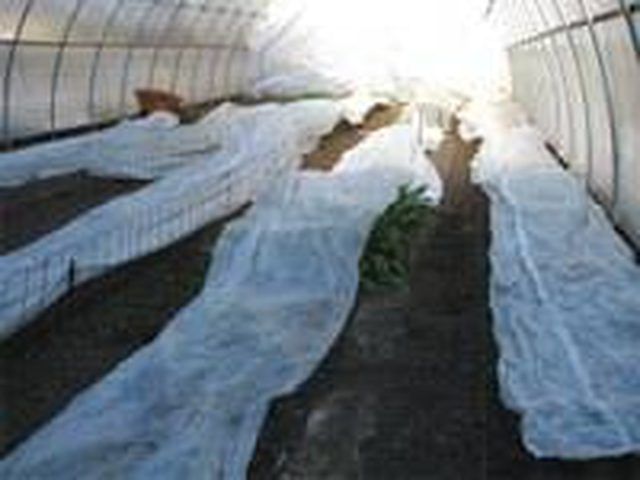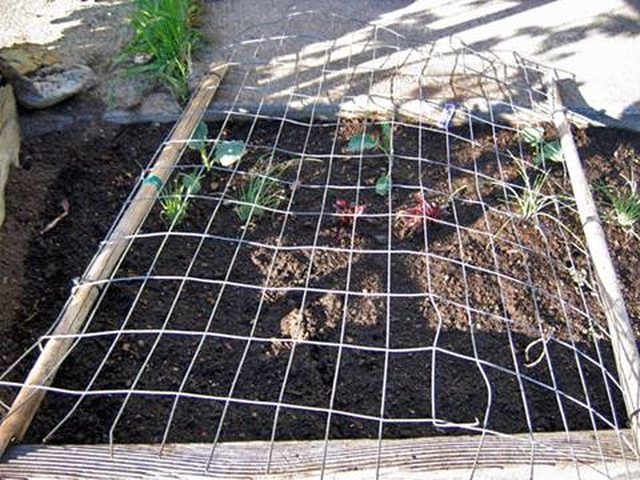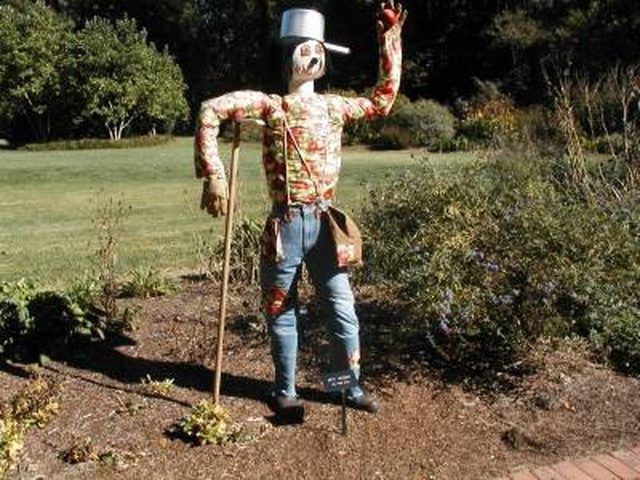Bulbs
Flower Basics
Flower Beds & Specialty Gardens
Flower Garden
Garden Furniture
Garden Gnomes
Garden Seeds
Garden Sheds
Garden Statues
Garden Tools & Supplies
Gardening Basics
Green & Organic
Groundcovers & Vines
Growing Annuals
Growing Basil
Growing Beans
Growing Berries
Growing Blueberries
Growing Cactus
Growing Corn
Growing Cotton
Growing Edibles
Growing Flowers
Growing Garlic
Growing Grapes
Growing Grass
Growing Herbs
Growing Jasmine
Growing Mint
Growing Mushrooms
Orchids
Growing Peanuts
Growing Perennials
Growing Plants
Growing Rosemary
Growing Roses
Growing Strawberries
Growing Sunflowers
Growing Thyme
Growing Tomatoes
Growing Tulips
Growing Vegetables
Herb Basics
Herb Garden
Indoor Growing
Landscaping Basics
Landscaping Patios
Landscaping Plants
Landscaping Shrubs
Landscaping Trees
Landscaping Walks & Pathways
Lawn Basics
Lawn Maintenance
Lawn Mowers
Lawn Ornaments
Lawn Planting
Lawn Tools
Outdoor Growing
Overall Landscape Planning
Pests, Weeds & Problems
Plant Basics
Rock Garden
Rose Garden
Shrubs
Soil
Specialty Gardens
Trees
Vegetable Garden
Yard Maintenance
How to Protect a Vegetable Garden After Planting Seeds
How to Protect a Vegetable Garden After Planting Seeds. From old fashioned scarecrows to more modern innovations, it is necessary to take some precautionary steps after planting your vegetable garden. Both time and money are invested in planting vegetable gardens and these assets require protection. By following a few simple steps you can help...

From old fashioned scarecrows to more modern innovations, it is necessary to take some precautionary steps after planting your vegetable garden. Both time and money are invested in planting vegetable gardens and these assets require protection. By following a few simple steps you can help ensure a bountiful harvest in the fall.
Things You'll Need
Frost blanket or sheets
Scarecrow
Chicken wire
Wood stakes
Wire cutters
Staple gun
Determine which factors are threatening your newly planted vegetable garden. One option is predators. Birds love to feed on vegetable seeds and are smart enough to know they often sit just below the soil. An old-fashioned scarecrow does actually work for many types of birds...crows included, of course. Birds fear humans and the scarecrow is designed to look like one.
Fence your garden in with chicken wire to prevent small animals from digging up the seeds and eating them. Measure the perimeter of your garden and buy two or three feet longer than that dimension in chicken wire. Chicken wire is available at many home and garden stores as well as agricultural stores and feed stores. Purchase a dozen 1-inch wooden stakes as well. Staple the chicken wire to the stakes and surround the newly planted garden with the wire.
Purchase longer stakes that measure the length of the garden. Staple chicken wire to these stakes and lay the entire frame over the garden to keep out larger animals like groundhogs and deer.

Deter frost and/or inclement weather by covering the garden with a frost blanket or old sheet. Cold conditions will prohibit the seeds from sprouting. Too much water will cause the seeds to float to the surface and get washed away.
Dig narrow irrigation streams around the perimeter of your vegetable garden. This will help drain off excess water in the event of torrential rain. In addition to the seeds floating away, too much rain can cause them to rot before sprouting.

Protect your vegetable garden from too much sun and heat by watering the newly planted seeds daily. The best watering times are in the early morning or early evening. It's best not to water during the hottest part of the day, as the direct sunlight on the water can scorch the garden, and this will prevent the seeds from sprouting.